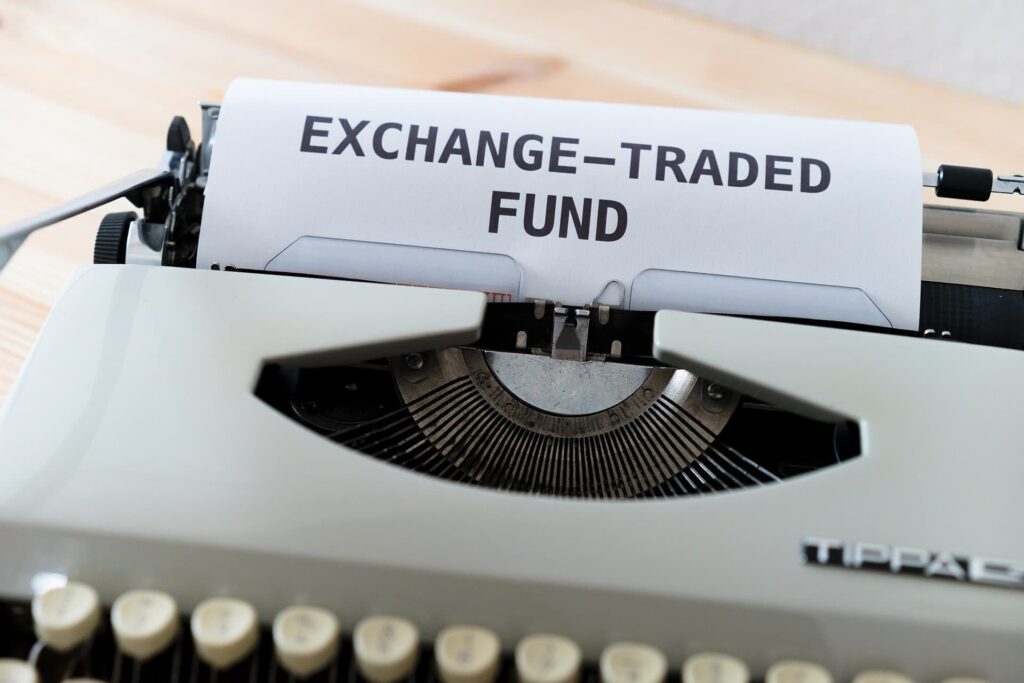
Investment subject is a puzzle for a new investor, especially if he wants to know what is the difference between an index fund and ETF.
I would say both are famous and their tools in the same kind of investment. Yet we get a little confused at the beginning when it comes to investing in the market. Although these two investments have similar uses, many differences exist between them.
An Exchange Traded Fund (ETF) is a type of index fund where trading is done through securities and exchange commissions. On the other hand index fund is actually a conversion of mutual funds. Through which it is possible to observe the performance of any particular index.
This indicator is designed to observe market trends. When you buy a stock, trade with this index fund in mind. So if the value of a share in the market goes down, the value of the index fund will fluctuate.
Especially in the last few decades, the stock market has been playing a significant performance in terms of growth.
After the following article, you will understand the Difference Between index Fund and ETF
Index Fund Vs ETF

Those who have no idea about a market investment or those who are new investors should always invest through Fund. There are two types of funds.
1) Actively manage fund: In this case, the fund manager is responsive to manage your fund. In this process, buying and selling are always present and that’s done through the fund manager. For this process, the mutual fund will charge you a yearly maximum1%- 2% of your fund value. It’s called AMC ( Annual maintenance Charges ).
2) Passively Managed Fund:
Passive funds unable to managed actively. The long-term investment made through this fund. here you can invest in two way.
a)Index mutual fund or index fund.
Index Fund is a good example of a Passive fund. Index Fund invests in different indices. For example ( Sensex, Nifty, Etc)usually, Index Fund tracks the performance of indices. To give returns to the people through the Index Fund as much as the returns of the Index. This fund doesn’t have to manage actively.
This concept started by Mr. John C Bogle. This funding system is very famous in western countries like the USA. But for India, it’s a progressive trend.
How to invest in an index fund?
Here you have to invest in just like a normal mutual fund. You can Buy through this Company also, Example ( Groww, Kuver, Paytm Money or AMC Website )
b ) ETF ( Exchange Traded Fund )
There are many similarities between the two trading processes, the both concept are replicating indexes. Then also some significant points highlight them to differ.

| ETF | Index Fund | |
| What is it | It’s a form of Index fund | It’s a form of investment fund, which alloys present performance standard of market Index. |
| Trading Time | Tradable in market hours. | Index Funds cannot be traded happily when you have to buy from a fund house, so you have to buy on day closing NAV, if you want to sell again, you have to trade at the closing NAV, which means at the end of the day. |
| SIP | SIP is not possible at ETF. However, in this process, like the stock market, the per-unit price calculated. You can trade through a Demat account only. | Could purchase through SIP like the stock market, Or can invest in lump sum also. |
| Liquidity | Liquidity is not so appreciated. I would say moderate because ETF marketing in our country is not done properly way. So the sale is very low. | There is no issue of liquidity in this fund. Because the fund house is managing the total fund process. |
| Minimum Investment | In the case of Etf, it is mandatory to invest a minimum of 1 unite. | There is no minimum investment requirement in this fund. Here you can invest money according to your budget. |
| How to buy | You can buy it through a Demat account or If it is a Commodity ETF, then can trading from Zerodha, Upstax, also. | Could do an automated system through a mutual fund. Or SIP also. |
| Expenses Ratio | In this case, there is no management system so the cost is a little less. But if you look at it as long-term, the charges for brokerage + Demat account maintenance + trading transactions, if you look at it all together, imply that the ratio of expenditure of the two funds is almost equal. | The expense ratio of index funds is always higher than that of ETFs. Because a fund house manages it. So the expenses are higher in the initial stage. |
| Temptation | If you trade through Demat Account or Trading Account, there is always a temptation to buy and sell more. | Index funds do not have this kind of temptation. |
| Taxation | For Equity ETF, Equity Mutual Fund’s transaction rules, such as short-term capital gains tax, are applicable if you go on sale within one year of purchase. And if you go on sale after one year, then long term capital gains tax is applicable. | In this fund the same taxation rules are applicable. |
| Pricing | ETF is trading as market price. Which can be higher and lower than NAV. The pricing of ETFs is determined according to the demand and supply in the market. | Can buy index funds according to NAV(Net Asset Value) |
| Returns | ETF is a little higher than the Index fund. Although the two funds follow the same index. | On the other hand Index fund always a little lower than ETF. |
| Convenience | In this case, first, you have to open a Demate account, then you have to select yourself and buy ETF. Although some brokers offer this facility. But charges have to be paid for it. But this is also an option. Every month you have to Invest here for a certain amount, with discipline. ETF is not for me if I do not maintain discipline | The advantage, in this case, is a lot because I will do SIP like the rest of the fund here, and I don’t have any tension. Whatever the fund house will do all things. |
Conclusion
After all, reviewing the above points we can understand, the two funds are almost equal. However, the index fund is correct for those who are new investors. Because, in this case, the investment process is very simple and straightforward.
All you need to remember is that the funds you invest, should cheap. But establishment investors should go for ETF Because they provide lots of conveniences, like a benefit on taxation, and provide the featured like the stock market.